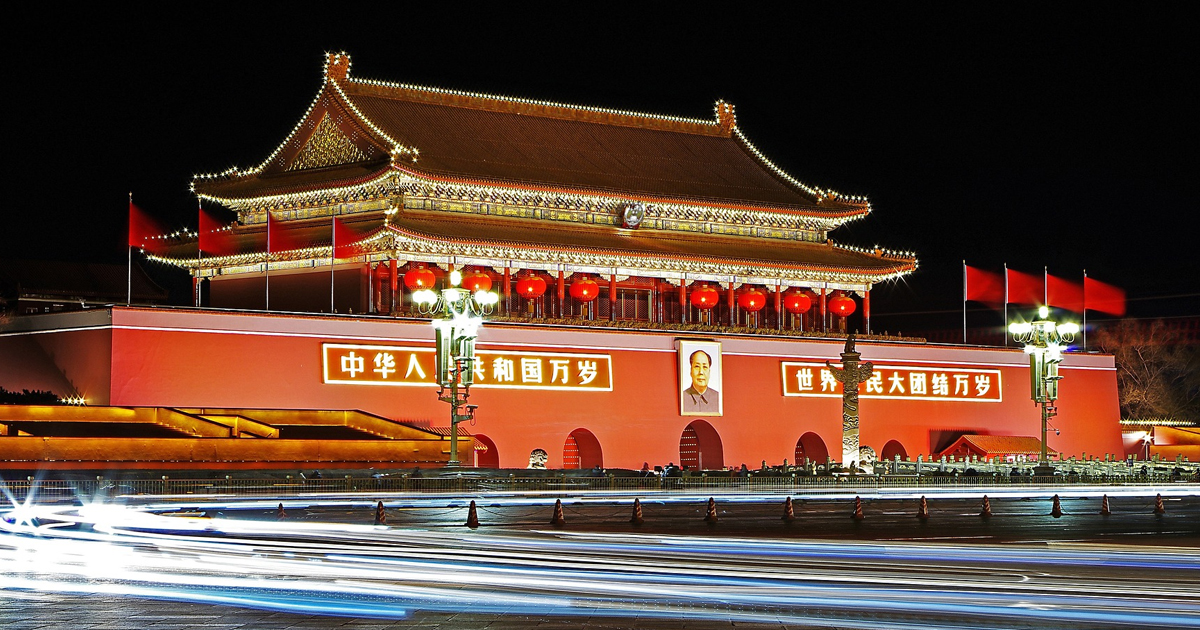In China, it was proposed to tighten the regulation of video games and hold parents accountable
Chinese gaming companies risk facing even tougher regulation from the authorities. This time, politicians have proposed a number of additional measures, including bringing parents to justice and a complete ban on games for minors.The issue of regulation of the gaming industry was raised during the recent sessions of the National People’s Congress (NPC) and the People’s Political Consultative Council of China (CPPCC).
This is the largest political meeting in the country, which takes place annually.
As noted by the South China Morning Post, these bodies are not directly involved in the adoption of laws on video games, but their opinions reflect the current “political climate” in Beijing.
It was during last year’s congress that President Xi Jinping called the games a big public problem that needs to be solved. Soon after, the Chinese authorities took a number of measures, including limiting the playing time among teenagers to three hours a week.This year, representatives of the National People’s Congress and the NPCC proposed to tighten the regulation of the industry even more:
- strengthen supervision of websites and trading platforms that circumvent bans and sell gaming accounts to underage users;oblige all companies to use a facial recognition system to verify identity and age;
- one of the members of the NPCC proposed to hold parents accountable if their child is found to have a gambling addiction;
- the representative of the National People’s Congress stated the need for a complete ban on video games for minors;
- one of the additional measures is a ban on “vulgar” online advertising of games related to violent and explicit content.
- Interestingly, the CEOs of the two largest gaming companies in China — Tencent and NetEase – refrained from commenting during the meetings.
They are both members of the NPCC and the NPC. None of them also demanded relaxation of the existing restrictions.
Meanwhile, the Chinese authorities have not issued licenses to new games since July last year. This is the longest “freeze” since 2018. In November, information appeared about the possible resumption of the issuance of licenses. However, the situation has not changed since then.
Against
the background of tightened rules in China over the past few months, about 14 thousand game studios have closed. At the same time, many experts agree that the pressure of the authorities on the industry will only increase.